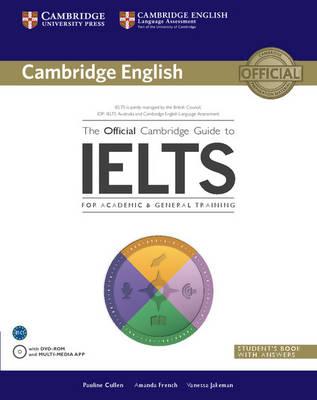Plato: Menexenus
Now:
AED 191.55 Inclusive of VAT
 Only 2 left in stock
Only 2 left in stock
Get it by 9 Feb




1
Free delivery on Lockers & Pickup Points
Learn more
Enjoy hassle free returns with this offer.

Item as Described
70%
Partner Since
4+ Years
Great Recent Rating
Specifications
| Publisher | Cambridge University Press |
| ISBN 13 | 9781108730563 |
| ISBN 10 | 1108730566 |
| Author | David Sansone |
| Language | English |
| Book Description | Plato challenges his readers by depicting an elderly Socrates as an enthusiastic student of rhetoric who has learned from his teacher Aspasia to recite an inspiring funeral oration, an oration that conspicuously refers to events occurring after the deaths of Socrates and Aspasia, an oration that Aspasia, as a woman and a non-Athenian, was not eligible to deliver over the Athenians who died in war. This commentary, the first in English in over 100 years, assists the modern reader in confronting Plato's challenge. The Introduction sets the dialogue in the context of the traditional Athenian funeral oration and of Plato's ongoing critique of contemporary rhetoric. The Commentary, which is well suited to the needs and interests of intermediate students of Classical Greek, provides guidance on grammatical and historical matters, while allowing the student to appreciate Plato's mastery of Greek prose style and critique of democratic ideology. |
| About the Author | David Sansone is Professor Emeritus in the Department of Classics at the University of Illinois at Urbana-Champaign. In a career of over forty years he has taught a great variety of courses, and these have often inspired his publications, including Ancient Greek Civilization (3rd ed. 2017) and Greek Athletics and the Genesis of Sport (1988). The main focus of his research, however, has been on Greek language and literature, especially Attic tragedy and its influence on the development of Greek prose; his book Greek Drama and the Invention of Rhetoric (2012) argues for the decisive effect Greek tragedy had on the creation of a formal art of rhetoric in fifth-century Greece. |
| Publication Date | 2020-08-13 |
| Number of Pages | 202 pages |
Plato: Menexenus
Added to cart
Cart Total AED 191.55



























































































































